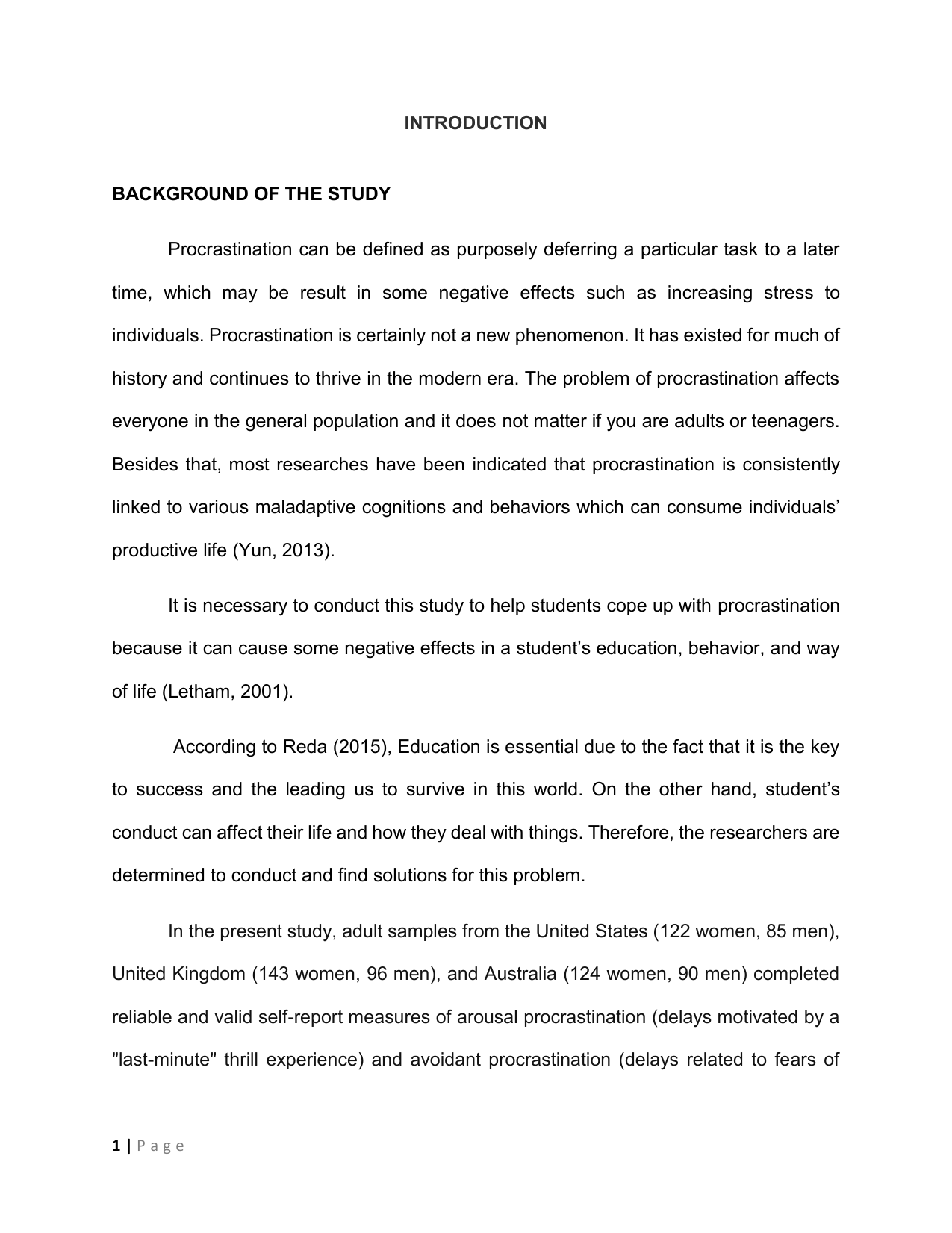Throughout our routines, we often encounter challenges that hinder productivity and personal growth. Among the most common issues are procrastination, emotional dependency, and impostor syndrome. These problems not only disrupt personal and professional life, but addressing them can lead to significant personal improvement.
In this article, we’ll explore what these issues are, how they develop, and practical ways to address them. With the right insights, you can take control of your habits and live a more fulfilling life.
The Definition and Causes of Procrastination
Procrastination refers to the act of delaying tasks that are important. This behavior is often linked to emotional and psychological factors.

Research shows that procrastination is rooted in the brain’s preference for short-term rewards. People often procrastinate when they feel unmotivated or overwhelmed. Recognizing these triggers is essential to addressing the issue effectively.
What is Emotional Dependency?
Emotional dependency is characterized by a deep reliance on external relationships for approval, validation, or support. While seeking connection is natural, excessive emotional dependency can harm both the individual and the relationship.
People with emotional dependency may struggle to make independent decisions. This behavior often stems from childhood experiences, such as a fear of abandonment or low self-esteem. Therapy and self-reflection can help reduce dependency and promote emotional balance.
The Effects of Impostor Syndrome on Self-Confidence
Impostor syndrome refers to the internalized fear of being exposed as a fraud. Despite achieving success, individuals with impostor syndrome attribute their achievements to luck or external factors.

This mindset results in anxiety and self-doubt, hindering personal and professional growth. Studies have found that addressing impostor syndrome requires acknowledging accomplishments, reframing negative thoughts, and seeking constructive feedback.
Strategies to Overcome These Challenges
If you want to improve your habits and mindset, consider implementing the following strategies:
- For procrastination: Break tasks into smaller steps and practice time management strategies such as the Pomodoro Technique.
- For emotional dependency: Focus on building self-esteem through activities like self-reflection and personal growth exercises.
- For impostor syndrome: Keep a journal of your achievements and remind yourself of past accomplishments regularly.
o que e dependencia emocional
The key to lasting change—adopt these habits gradually to achieve sustainable results.
Breaking Free from Mental Barriers
Procrastination, emotional dependency, and impostor syndrome don’t have to define your life. When you take proactive steps to address these issues, you can achieve significant personal growth.
Start small—choose one strategy from this article and apply it consistently. You’ll notice meaningful changes in how you approach challenges and opportunities.